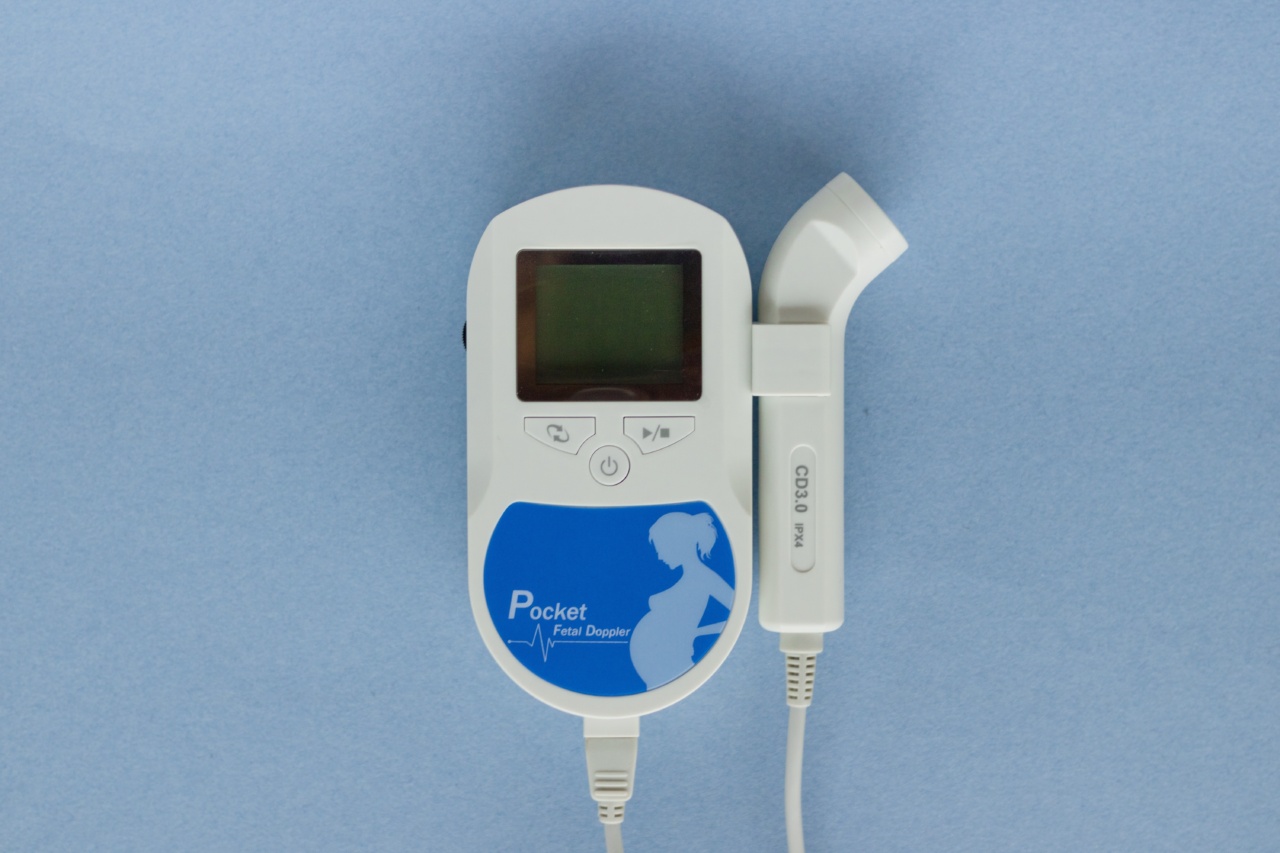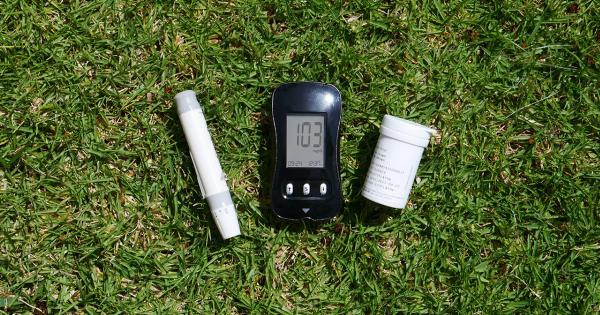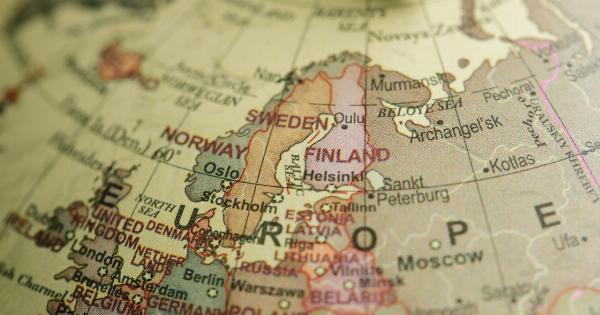During pregnancy, an unborn baby is already exposed to various environmental factors that can impact its health and development. Among the factors, chemicals in the environment can also be a concern.
These chemicals can harm the developing fetus and interfere with their development in the womb. Therefore, it is essential to understand the effects of certain chemicals on fetal sperm and pregnancy outcomes.
What are the Environmental Chemicals of Concern?
There are different types of environmental chemicals that can be harmful to fetal sperm. Some of these chemicals are present in the air, water, soil, and food that we consume every day. Examples of these harmful chemicals include:.
- Lead
- Mercury
- Cadmium
- Polychlorinated biphenyls (PCBs)
- Organochlorine pesticides
What are the Effects of Environmental Chemicals on Fetal Sperm?
Fetal sperm is sensitive to environmental chemicals. Here are some possible effects of these harmful chemicals:.
- Reduced sperm quantity and quality in male fetuses
- Increased risk of abnormal genital development in both male and female fetuses
- Increased chances of miscarriage or stillbirth
- Increased likelihood of developing birth defects
- Greater risk of developing chronic diseases in adulthood, such as cancer and diabetes
What are the Sources of Exposure to these Chemicals?
Exposure to harmful chemicals can occur through various sources. Here are some sources of exposure to environmental chemicals:.
- Inhalation of air contaminants from traffic, factories, and burning fossil fuels
- Ingestion of contaminated food and water sources
- Working in certain industries that expose workers to chemicals such as pesticides and heavy metals
- Living in or near areas with heavy environmental pollution
How Can We Reduce Exposure to these Harmful Chemicals?
Although it may be nearly impossible to completely avoid exposure to environmental chemicals, there are ways to minimize the risk:.
- Reduce consumption of fish with high levels of mercury, such as shark, swordfish, and tilefish
- Wash hands frequently
- Use personal protective equipment when working in potentially hazardous environments
- Avoid using pesticides and other home chemicals
- Choose natural and organic foods when available
- Live in areas with less environmental pollution
Conclusion
Environmental chemicals can negatively affect fetal sperm and lead to complications during pregnancy. It is crucial to understand the potential risks associated with exposure to harmful chemicals for pregnant women and their developing fetuses.
Measures should be taken to minimize the risk of exposure to these chemicals and provide a safer environment for future generations to come.






























